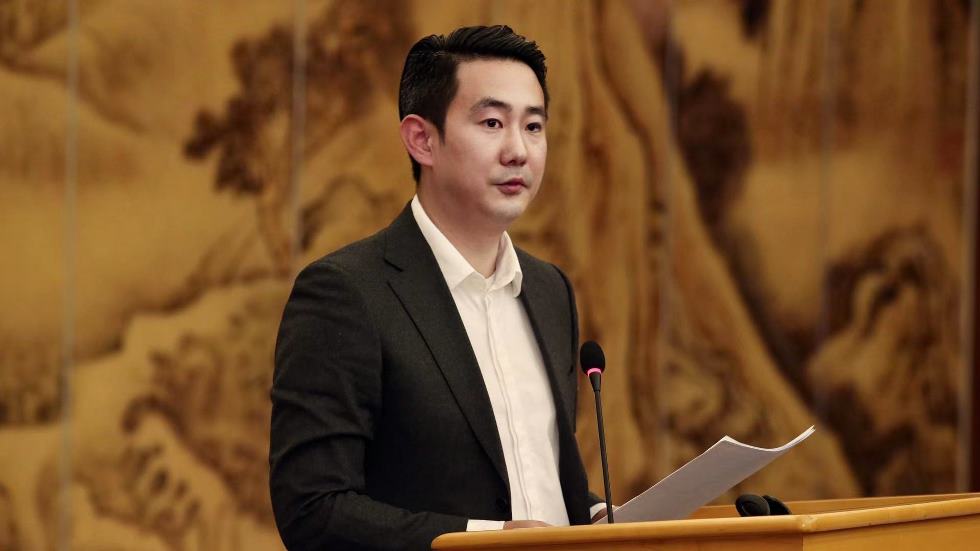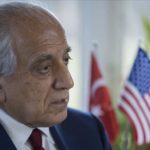The US Department of State recently released the so-called Country Report on Human Rights. After reading it, I felt very strange and have a few thoughts to share with my readers. There are three underlying logics in this report: the world’s human rights standards should be only defined by the United States; any words or deeds that are different from them are violations of human rights; and countries deemed by the United States to violate human rights can be condemned, sanctioned, and even interfered. Lamentably, I have not seen a comprehensive, multi-level description of the connotation of human rights from this report; I have not seen the United States’ introspection on its own violations of human rights; and I have not seen any respect for efforts to protect and develop human rights in other countries and the cultural diversity. I recall a metaphor: a mischievous child dazzles others’ eyes at night using a flashlight. If it was just a kid’s prank, he would get reprimanded at most, but if an adult has done this, everyone should be very careful about his next plot.
It is precisely the human rights situation in the United States that shines a flashlight on others, is really worrying, and its harm is not limited to the United States but also affects overseas. Not only it fails to face up to its own historical problems, but also incites and exacerbates its inner crisis. The recent news about black army officer being beaten by white police in the United States once again highlights the deep-rooted problem of racial discrimination. If even soldiers who defend the country would be treated differently and encounter violent enforcement just because of their skin colors, how can the rights of other ordinary people and ethnic minorities be protected? In addition, according to incomplete statistics, from the end of World War II to 2001, among 248 armed conflicts in 153 regions of the world, the United States initiated 201. Tens of millions of people in Afghanistan, Iraq, and Syria have been displaced. Isn’t the United States some responsible for this? The United States claims to be concerned about the human rights situation of Muslims in other countries and regions. How credible is it?
Every country’s domestic and foreign policies are always supported by a certain strategy, but what is the strategy of the United States? Specifically, it is difficult to elaborate them in one article, but there is one thing clear that it wants to maintain and strengthen the US hegemony in the international arena and to continuously serve the interests of the United States. It is understandable that a country’s government serves its own interests, but the key lies in whether it serves the interests of a small group of people or the interests of the majority; whether to achieve its national interests through mutual benefit and cooperation or through power politics or proxy wars. There is an ancient Chinese poem that says: Da Xian Bing Gao Jian. It probably means that a real wise person should always be ready to take out a mirror to look at himself, so as not to let himself have the slightest flaw, which asks oneself to be good at introspection and self-discipline. The Chinese poem is especially true for a big country, which should look at itself in the mirror from time to time, while using a flashlight to criticize others.
(Xi Meng, Senior Researcher, Research Center for the Belt and Road of Lanzhou University)














